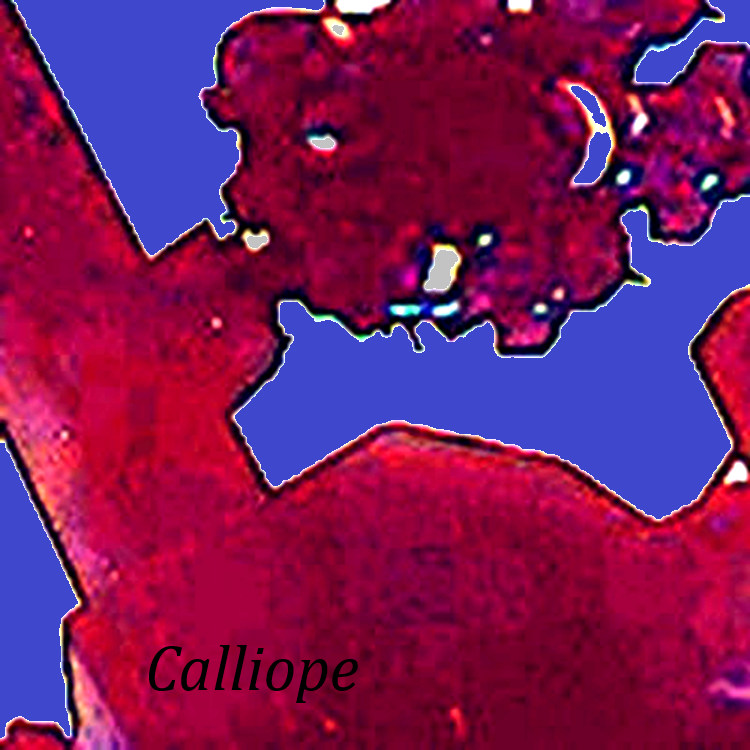
INNOVATIVE AND DIGITAL METHODS FOR DEVELOPING READING CULTURE AMONG SENIOR SCHOOL STUDENTS
Abstract
This article examines pedagogical mechanisms for increasing senior school students’ interest in reading under conditions of global informatization. It highlights the integration of modern technologies such as Book Blogging, QR Quest, and SMM Simulation into the educational process while moving away from traditional teaching methods. As a result of the study, methodological recommendations for developing reading culture among senior school students were developed.
Keywords: reading culture, innovative methods, senior school students, digital pedagogy, book blogging, critical thinking, motivation.
INTRODUCTION
In the modern education system, enriching students spiritually and developing independent thinking skills are among the most important objectives. However, the rapid development of the internet and social networks has caused senior school students to drift away from reading books. According to statistical data, adolescents tend to perceive information mainly in visual and short formats (clip thinking), which creates difficulties in reading lengthy literary works. Therefore, pedagogy faces the task of promoting reading culture through innovative methods adapted to students’ age and interests.
LITERATURE REVIEW AND METHODOLOGY
The issue of developing reading culture has long been a focus of pedagogical research. Uzbek pedagogue Q. Yoldoshev emphasized enriching students’ inner world through literary analysis, while contemporary studies increasingly highlight the role of the social environment.
In particular, M.A. Zaynitdinova scientifically substantiated the importance of family environment and systematic cooperation with parents in fostering students’ interest in reading. As noted by the author, “Cooperation between parents and schools is one of the most important factors in positively changing students’ attitudes toward books.” This idea suggests that reading should not be limited to classroom activities but should become an integral part of students’ daily lives.
Foreign researcher M. Prensky introduced the concept of “digital natives”, proving that modern adolescents prefer interactive and visual forms of information rather than traditional formats. These theoretical perspectives allow reading culture to be studied at the intersection of digital technologies and family values.
This study employed a systemic approach, pedagogical observation, and comparative analysis methods. The research process was organized in three stages based on experimental work conducted among senior school students.
Diagnostic stage: A survey revealed that 65% of students lacked time for reading, while 20% considered literary works boring.
Practical and innovative stage: The following innovative technologies were implemented in experimental groups:
Book Trailer Project: Students created 60-second video advertisements based on books they read, enabling deeper understanding through visualization.
Family–School–Book Model: Based on Zaynitdinova’s methodology, activities such as “Best Reading Family of the Week” contests and online reading sessions were organized with parents, increasing students’ social responsibility toward reading.
Literary QR Quests: Interactive games were organized in classrooms and libraries, allowing students to move to the next “station” by answering book-related questions.
Analytical stage: After implementing innovative methods, students’ motivation for reading increased by 35%, and their literary analysis skills showed qualitative improvement.
RESULTS AND DISCUSSION
The implementation of innovative methods led to a significant positive dynamic in students’ reading activities. The results can be analyzed through the following indicators:
Motivational indicator: After introducing book blogging and QR quests, 42% of students developed intrinsic motivation toward reading, compared to 18% in the control group.
Family factor influence: Applying the family–school cooperation model increased students’ daily reading time at home from 25–30 minutes to 55–60 minutes, explained by joint book discussions with parents.
Creative approach: The use of SMM simulation increased students’ comprehension of literary works by 1.5 times. Students learned to interpret characters through modern formats such as posts and comments rather than simple memorization.
Comparative analysis shows that traditional teaching methods form a “passive learner” model, while innovative and collaborative methods transform students into “active researchers.” Observations and surveys conducted in senior classes indicate that only 15–20% of students read regularly in classes without innovative approaches. Applying the proposed methodology can increase this indicator to 35–40%.
CONCLUSION
In conclusion, developing reading culture among senior school students is a crucial process in enhancing national spirituality. Instead of rejecting technology, it should be transformed into an assistant for reading. As emphasized by M.A. Zaynitdinova, only through joint efforts of schools and families can books become an inseparable part of students’ lives.
References
Mirziyoyev, Sh.M. (2017). Resolution on the Comprehensive Program for Developing the Publishing and Distribution System of Books and Promoting Reading Culture. PQ-3271.
Cabinet of Ministers of the Republic of Uzbekistan. (2020). Resolution No. 781 on the National Program for Developing and Supporting Reading Culture (2020–2025).
Zaynitdinova, M.A. (2024). Cooperation with Parents in Enhancing Students’ Reading Culture. Educational Research in Modern World, No. 4.
Yoldoshev, Q. (2012). Methods of Teaching Literature. Tashkent: Fan va Texnologiya.
Togayev, Sh. (2020). Pedagogical Foundations of Developing Reading Culture among Students. Tashkent.
Ismoilova, M. (2018). Pedagogical Technologies and Teaching Mastery. Tashkent: Iqtisod-Moliya.
Zunnunov, A. (1992). Methods of Teaching Literature. Tashkent: O‘qituvchi.
Mavlonova, R., & Torayeva, O. (2008). Pedagogy. Tashkent: O‘qituvchi.
Pajares, F. (2002). Self-efficacy Beliefs in Academic Settings. Review of Educational Research.
Gilmanshina, S.I. (2021). Innovative Technologies in the Reading Process. Modern Pedagogical Education.
Odinaxon Qodirova is a student of the Pedagogy program at the Faculty of Pedagogy and Psychology, Fergana State University. She is an active participant in numerous academic and educational projects.
She is the holder of nearly 20 international certificates and diplomas and has participated in both international and national conferences. She has been awarded the “Umid Niholi” breast badge for her achievements.
Her scientific works are indexed on Google Scholar, reflecting her academic and research activity.






